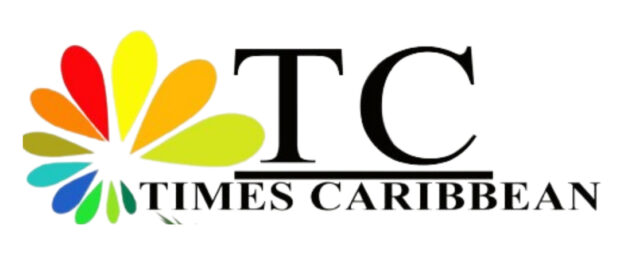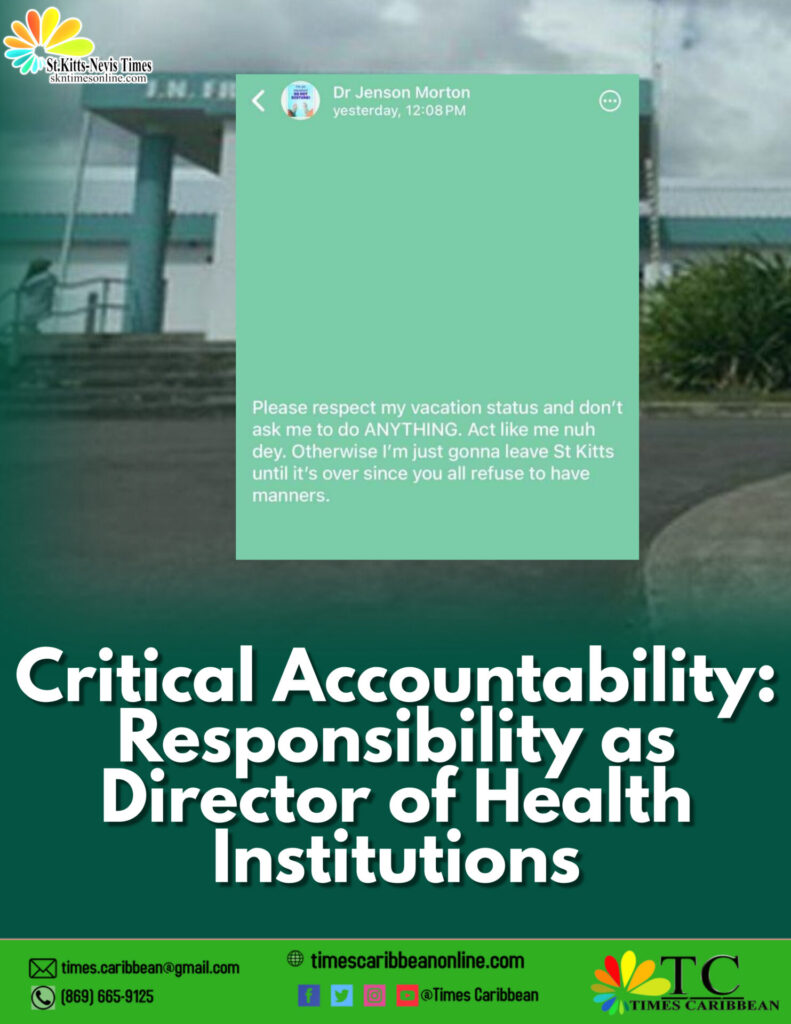Critical Accountability: Director’s Responsibility in Health Institutions
Emphasizing Availability and Preparedness in Key Medical Roles

In the realm of healthcare administration, few roles carry as much weight as that of the Director of Health Institutions. Tasked with overseeing vital medical facilities such as the Joseph N. France Hospital, Mary Charles, Pogson, and the Cardin Home, the individual assuming this position shoulders immense responsibility. Among the myriad demands placed upon them, one fundamental expectation stands out: availability, especially during health emergencies.Medical professionals in such pivotal roles are expected to prioritize their duties above personal endeavors. This principle is underscored by the requirement for key personnel to provide their vacation addresses—a measure aimed at ensuring they remain reachable and prepared to return swiftly in times of crisis. Historically, Directors of Health Institutions and Medical Chiefs of Staff have upheld this standard, recognizing the gravity of their responsibilities.

However, recent events have brought scrutiny upon the incumbent Director of Health Institutions. Allegations have surfaced suggesting that the individual, when approached during a vacation, rebuffed attempts at contact, citing absence from duty. Such assertions, if accurate, signal a troubling lapse in commitment to the role.The notion that the Director, as a key figure in healthcare administration, would deem themselves unreachable during a vacation is cause for serious concern. It represents a departure from the established norms of accountability and preparedness expected of individuals in such positions. By failing to remain accessible, the Director jeopardizes the institution’s ability to mount effective responses to unforeseen medical crises.Indeed, the inability or unwillingness to be reached during critical moments raises questions about the individual’s suitability to continue leading these institutions. Irrespective of the circumstances surrounding their absence, the message conveyed is one of irresponsibility and disregard for the demands of the role.In light of these revelations, it is incumbent upon the Director to reflect on whether they can fulfill the obligations inherent in the position. The effective governance of healthcare institutions demands unwavering dedication and readiness to respond to challenges as they arise. Should the Director find themselves unable or unwilling to meet these standards, they must consider relinquishing the role to ensure that these vital institutions are helmed by individuals fully cognizant of the responsibilities they entail.In the arena of healthcare administration, accountability is paramount. As such, the actions—or inactions—of those in leadership positions must be subject to scrutiny and, when necessary, corrective measures. The current situation serves as a reminder of the critical importance of availability and preparedness in safeguarding the well-being of both patients and institutions alike.

Leave a comment
You must be logged in to post a comment.